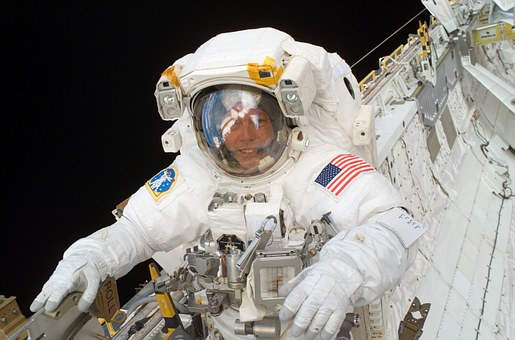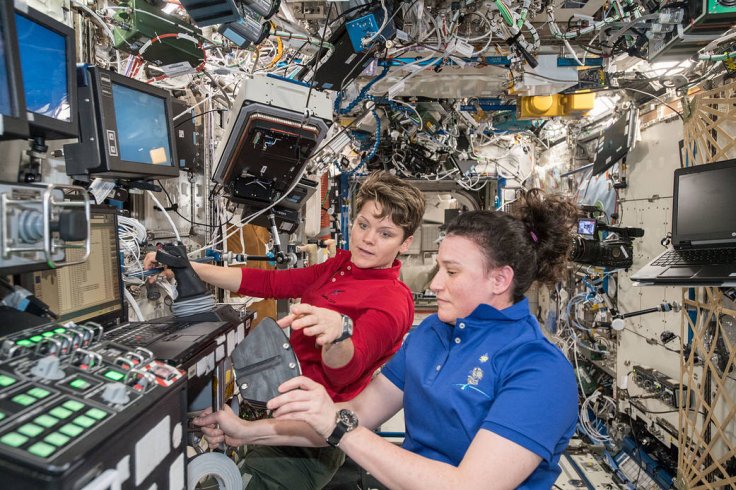
A new study by NASA revealed that staying in space for long periods of time can reverse the blood flow of astronauts or even cause it to completely stop. According to a medical expert, this could lead to life-threatening issues among astronauts.
The study was conducted by NASA in response to recent reports by astronauts who complained about experiencing impaired eyesight and blurry vision after spending a couple of months in space.
For the study, the agency subjected 11 astronauts to various examinations including ultrasound assessments. According to NASA, all of the study's subjects spent about six months in space aboard the International Space Station. During the course of the medical assessments, the agency discovered that seven subjects showed traces of stagnant or reverse blood flow.
NASA explained that these medical issues were detected in a major blood vessel that drains blood from the organs above the neck, which is known as the left internal jugular vein. The agency explained that the lack of gravity in space affected the circulation of fluids in the body.
As per Micheal Stengar, lead author of the study and the head of NASA's Cardiovascular and Vision Laboratory at the Johnson Space Center, the discovery regarding the medical anomaly came as a surprise. "This was an unexpected finding," Stenger, said as per NBC News.
"We did not expect to see stasis and reverse flow," he added. "That is very abnormal. On Earth, you would immediately suspect a massive blockage or a tumour or something like that."

Dr Andrew Feinberg of the John Hopkins University School of Medicine, who was not part of the study, warned that the strange conditions could cause the formation of clots in the left internal jugular vein. If these clots reach the lungs, they could lead to severe complications such as pulmonary embolism.
"If you get a clot in the internal jugular vein, the clot could travel to the lungs and cause a pulmonary embolism — that's very dangerous," he explained. "If that happens on a long-term mission, it could be calamitous."
It is not yet clear how NASA's latest findings will affect the agency's plan to send a human mission to Mars especially since the trip to the Red Planet could take around eight months. Based on the study, being in space this long could increase the astronauts' chances of developing reverse blood flow.
Hopefully, the agency will be able to come up with new treatments and methods that can stave off the effects of long spaceflights on the human body before the mission to Mars takes place. The findings of NASA regarding the effects of long spaceflights on blood circulation were presented in a new study published in the American Medical Association's JAMA Network.









